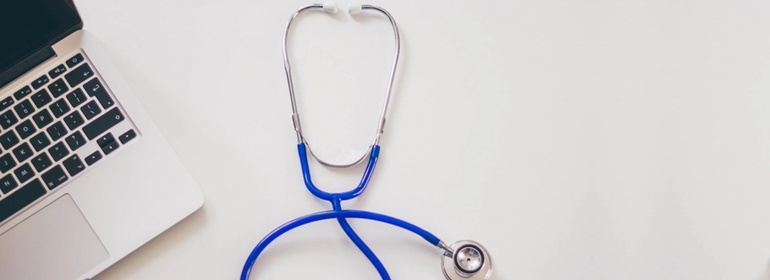South Africa has just had its annual Budget Speech, with one of the many controversial topics not addressed being the National Health Insurance scheme. Yet President Ramaphosa stated very recently that he expects it to be fully rolled out within the next five years.
The NHI was initially to kick off on 1 March 2020 but is currently years away from full implementation, with much still unknown about how NHI will actually work.
So, what do we know? Here’s a list of answers to common questions about the NHI in order to keep you up-to-date with the latest facts.
What happens to my medical aid and insurance when NHI kicks in?
Much has been made of the fact that medical aids may not legally cover anything the NHI will cover. While this doesn’t necessarily mean the end of medical aid schemes in South Africa, it’s a major disruption and medical plans will be significantly restructured or made obsolete.
What about other insurance? Currently, there isn’t any obstacle for insurers, particularly life insurers, covering what they already do. So, financial protection in the event of a temporary or permanent disability, a critical illness like cancer or a fatal accident or condition will most likely all still be covered in exactly the same way.
Should I even bother with insurance then?
Government has insisted that NHI will be “comprehensive”, but no list of services has yet been released and, with “comprehensive” being very much open for interpretation, this is unclear. So, at this stage it’s really too early to tell.
Sophisticated treatments such as oncological treatment for cancer patients would likely not be covered (again – this is not confirmed). This is where life insurers would step in, especially as medical aid schemes may have their hands tied by the NHI. A dread disease benefit, for example, would pay out 100% for something like cancer or a heart attack to pay for or contribute towards that person’s oncology bills and the other financial strains associated with critical illness.
Will I have to go to a government hospital under NHI?
In theory, the aim of NHI is exactly the opposite of this – for those who have been forced to make do with government hospital experiences to be able to now access private medical healthcare practitioners.
In practise, all South African citizens will be required to register at their nearest NHI-accredited primary healthcare facility and be limited to primary healthcare only at that facility. Whether those will be private clinics like Netcare, your usual GP or state hospitals is currently anyone’s guess.
Going anywhere other than this has to be officially recommended by the doctor or medical staff at that registered facility and approved – which may make seeing specialists like orthodontists, gynaecologists, oncologists and paediatricians a lengthy red tape experience.
When is NHI coming into effect?
No one knows when exactly NHI will come in. It is currently expected to be fully operational as soon as 2022. This is still the target date for more vulnerable citizens like the elderly, disabled and children.
The National Health Insurance Bill states that the NHI fund must be in action some time in 2026. It remains to be seen whether this will be the case, though. Many medical aid schemes, like Discovery for example, maintain that NHI will take far longer to come into full effect.
How much will I be taxed for NHI?
Again, we don’t yet know. The biggest portion of funding is likely to come from an increase in personal income tax. As medical aid contributions come to many via their jobs, payroll taxes for employees will also likely foot the bill. On the government’s side, what Treasury currently allocates to provinces through provincial equitable shares and conditional grants under the system as it stands now will probably be reallocated to the NHI Fund.
There may also be another bitter tax pill to swallow where the NHI is concerned: no medical aid tax deductions.
While much is still murky when it comes to NHI, many experts believe that the insured population, who are already members of comprehensive medical schemes, will keep paying private medical aid fees anyway to avoid the long waiting lists, queues and restrictions on specialists and GP visits likely to manifest once the NHI does. However, they won’t get any tax deductions for it anymore.
So, the average policyholder will likely pay twice – for NHI and medical aid – and get none of the money back they currently are.
Can I choose my participation in National Health Insurance?
Unfortunately not. All South African citizens and permanent residents will be mandatorily enrolled from the state’s side once NHI comes into effect. There will be no choice involved.
At present, as much is unknown about National Health Insurance as is known – which is understandably worrying for the average policyholder. All of this is even more reason to pay regular attention to your portfolio.

